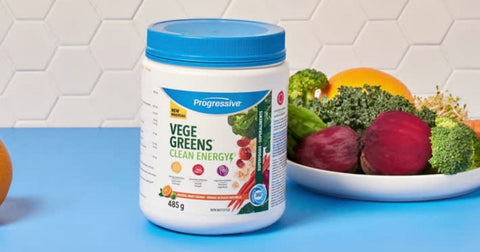Written by Janette Mason, CNP
For many of us, we grew up with the notion that bloating is “normal” and something that everyone deals with from time to time. Is this really the case? Or should you take a proactive approach to your bloating to support your health now and for years to come?
I am of the mind that we should not ignore or belittle symptoms simply because a lot of people may deal with the same thing. Just because bloating is common – does not mean that it should be something that you need to deal with regularly.
To understand what to do about your bloating we first must ask why – why is your stomach bloated in the first place? The most common cause that most people think of is intestinal gas. Gas can cause stomach pain as well as bloating and distention of the abdomen. If your bloating primarily occurs after eating, it could be a digestive issue. You could be intolerant of certain foods, or you may have eaten too much, too fast. For those who menstruate, your menstrual cycle can also be a temporary cause of bloating1.
If you have noticed a long-term pattern with bloating, then it may be time to speak to your health care practitioner about doing some testing to figure out what may be the root cause. Potential health issues that bloating can be attributed to include:
- SIBO1 – small intestinal bacterial overgrowth: this occurs when gut bacteria from the colon overflow into the small intestine
- IBS1 – irritable bowel syndrome: symptoms often include gas and bloating after eating and can include other digestive issues like diarrhea and constipation
- Visceral hypersensitivity1,2 – this is when your body is hyper aware of changes within the digestive tract and can react strongly, even when normal actions and normal amounts of gas are present
- Constipation1 – backed up stool in the colon can cause feelings of pressure and bloating
- Motility issues3 – if your digestive system is unable to move stool through your intestines effectively, then putrification of food can occur, releasing excess gas, and causing bloating
- Food sensitivities4 – eating foods that are hard for your body to break down can cause a myriad of digestive issues including inflammation in the intestinal tract and bloating
If you suspect that some foods may not be digesting as well as they could, then you may want to try adding in a digestive enzyme. Supplementing with digestive enzymes with your meals, helps in the digestive process. A great one to try is Progressive’s Digest Well. It has plant-sourced digestive enzymes to support the digestion of protein, fat, carbohydrates.
References:
- Bloated stomach: Causes, tips to reduce & when to be concerned. Cleveland Clinic. (n.d.). Retrieved May 13, 2022, from https://my.clevelandclinic.org/health/symptoms/21740-bloated-stomach
- Zhou, Q., & Verne, G. N. (2011). New insights into visceral hypersensitivity--clinical implications in IBS. Nature reviews. Gastroenterology & hepatology, 8(6), 349–355. https://doi.org/10.1038/nrgastro.2011.83
- Iovino, P., Bucci, C., Tremolaterra, F., Santonicola, A., & Chiarioni, G. (2014). Bloating and functional gastro-intestinal disorders: where are we and where are we going?. World journal of gastroenterology, 20(39), 14407–14419. https://doi.org/10.3748/wjg.v20.i39.14407
- Food intolerance: Symptoms, causes and treatment options. Cleveland Clinic. (n.d.). Retrieved May 13, 2022, from https://my.clevelandclinic.org/health/diseases/21688-food-intolerance
- Government of Canada, H. C. (2017, August 24). Search licensed natural health products. Maintenance. Retrieved May 16, 2022, from https://health-products.canada.ca/lnhpd-bdpsnh/




